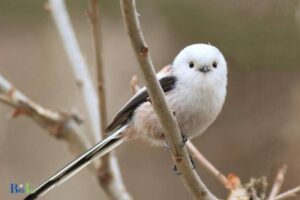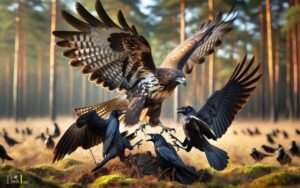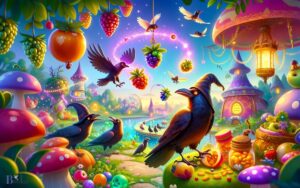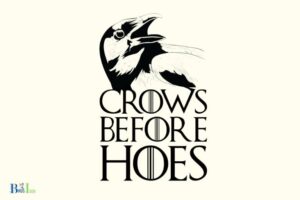What Do Crows Mean in Norse Mythology? Discover!
In Norse mythology, crows are seen as powerful symbols associated with the god Odin. They are revered as intelligent creatures that serve as his eyes and ears throughout the Nine Worlds.
The two most famous crows in Norse mythology are Huginn (thought) and Muninn (memory), who fly across the realms gathering information for Odin.
Crows in Norse mythology are not just ordinary birds; they have profound symbolic significance.
The following points highlight their importance:
- Association with Odin: Crows are directly linked to Odin, the Allfather, who values their wisdom and insight.
- Representations of Mental Faculties: Huginn and Muninn embody the concepts of thought and memory, indicating the importance of these faculties in Norse culture.
- Symbolic Messengers: They act as messengers, conveying information from the mortal world to the divine.
- Omnipresence: The presence of these birds suggests the omnipresence of Odin and his ability to observe all happenings.
Crows are emblematic of the Norse god Odin’s quest for knowledge, reflecting the high esteem in which wisdom and foresight were held in Viking society.
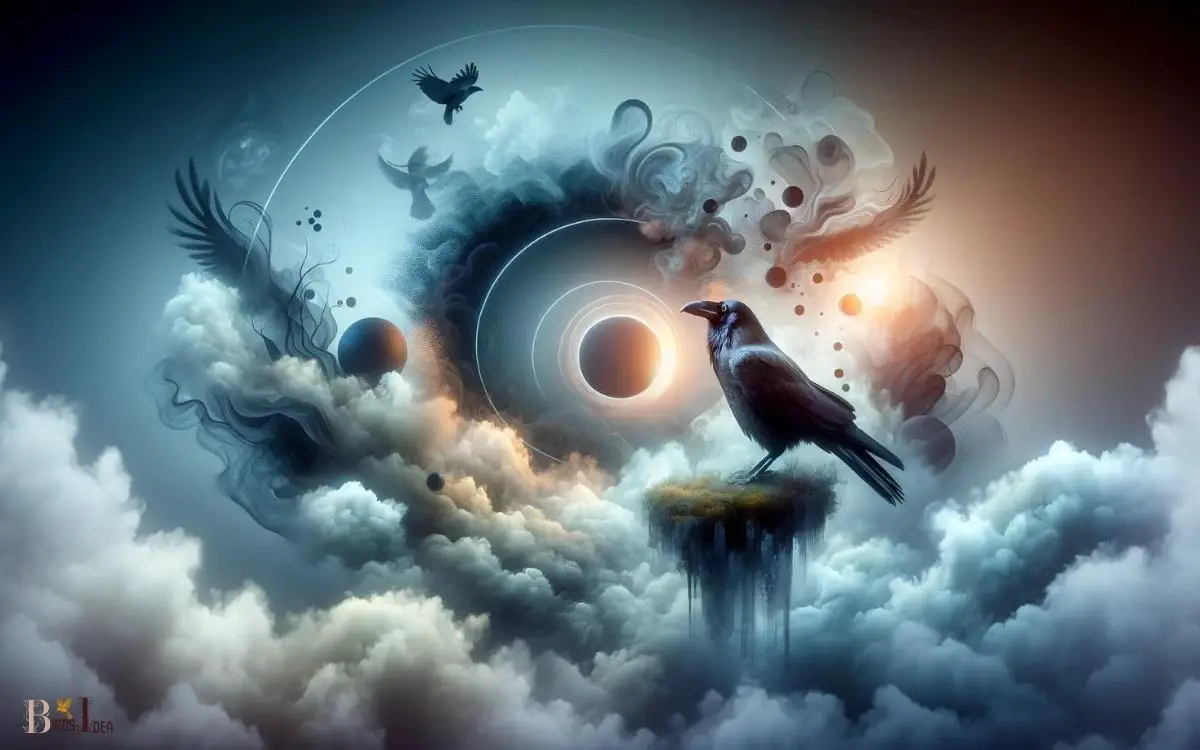
Key Takeaway
Origins of Crows in Norse Mythology
The origins of crows in Norse mythology can be traced back to the ancient Norse belief system.
In Norse mythology, Odin is often accompanied by two ravens, Huginn and Muninn, which represent thought and memory.
These ravens would fly around the world and bring information to Odin. This association with wisdom, knowledge, and the spiritual world elevated the status of crows in Norse mythology.
They were seen as creatures with a deep understanding of both the physical and spiritual realms, and were often depicted as symbols of protection and guidance.
This close connection between crows and Odin has left an enduring mark on Norse mythology and has contributed to the continued fascination with these birds in modern times.
Crows as Messengers of the Gods
With their close association to the god Odin, crows in Norse mythology served as messengers of the gods, delivering vital information and insights from distant realms.
Odin, the chief of the Norse gods, had two ravens named Huginn (thought) and Muninn (memory) that flew across the world and brought back news to him.
These intelligent and observant birds were revered for their ability to traverse between the earthly realm and the divine, making them essential conduits of communication between gods and mortals.
Their role as messengers highlights the significance of crows in Norse mythology and their connection to the divine.
This association with divine communication and wisdom laid the foundation for the symbolic importance of crows in Norse culture, reflecting their profound influence on the beliefs and practices of the Norse people.
Symbolism of Crows in Norse Culture
Crows hold a significant symbolic role in Norse culture, embodying themes of wisdom, death, and magic.
The symbolism of crows in Norse culture evokes a sense of mystery and intrigue, resonating with those who seek deeper understanding and insight into the world around them.
By representing death, crows provoke a contemplation of mortality and the cycles of life, stirring emotions of introspection and acceptance of the inevitable.
Furthermore, the association of crows with magic ignites a feeling of wonder and enchantment, appealing to individuals who yearn for a connection to the mystical and supernatural.
This symbolism adds layers of depth to the portrayal of crows in mythological stories and lore, shaping their role as both messengers and guardians in Norse mythology.
Crows in Mythological Stories and Lore
In Norse mythological stories and lore, crows play a pivotal role, embodying themes of wisdom, death, and magic, and serving as both messengers and guardians.
One of the most prominent tales featuring crows is the story of Huginn and Muninn, the two ravens belonging to the god Odin.
These intelligent birds fly across the world to gather information and bring it back to Odin, symbolizing knowledge and wisdom.
Crows are associated with the valkyries, female figures who select warriors to enter Valhalla, the hall of the slain. They are also believed to guide the souls of the departed to the afterlife.
The significance of crows in Norse mythology extends beyond mere birds, representing a deep connection to the spiritual realm and the cycle of life and death.
Interpretations of Crows in Modern Context
Given their rich mythological symbolism, crows in Norse mythology continue to capture the modern imagination and hold a complex significance in contemporary culture.
In the modern context, interpretations of crows evoke a range of emotions, speaking to the audience that desires freedom.
Fascination and Mystery
Crows embody an air of mystery and intelligence, intriguing those drawn to enigmatic symbols and the unknown.
Their dark feathers and piercing gaze evoke a sense of mystique that appeals to individuals seeking depth and complexity in symbolism.
Conclusion
Crows hold significant symbolism in Norse mythology as messengers of the gods and symbols of wisdom and knowledge.
Their origins in Norse culture are deeply rooted and they are often depicted in mythological stories and lore.
Even in modern context, crows continue to be interpreted as symbols of intelligence and mystery.
For example, in a hypothetical scenario, the presence of crows in a mythological story may represent the gods’ communication with mortals.

